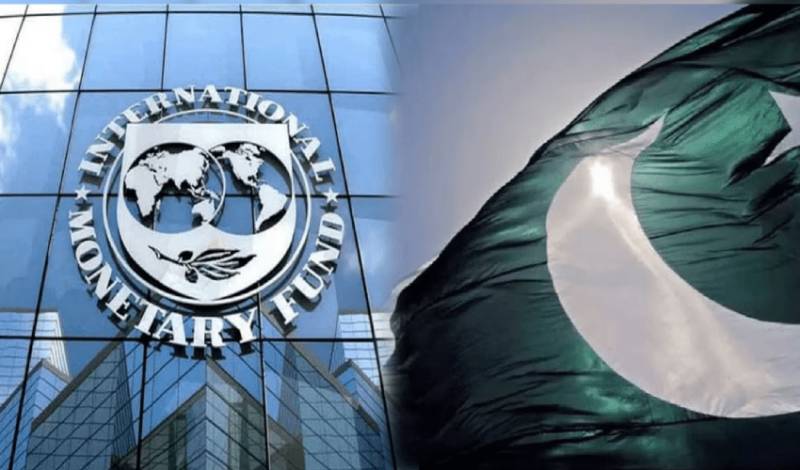Porter also emphasized that the agreement is subject to approval by the IMF Executive Board and the timely confirmation of necessary financing assurances from Pakistan’s development and bilateral partners

ISLAMABAD: Pakistan’s long-awaited $7 billion bailout package from the International Monetary Fund (IMF) remains in limbo, with final approval yet to be confirmed. The IMF Executive Board’s agenda up to August 28 has been released, but Pakistan’s name is notably absent, raising concerns about the timeline for the loan disbursement.
Despite this, there is still hope as the Executive Board has the flexibility to add agenda items outside of the official schedule. This optimism follows the staff-level agreement signed between Pakistan and the IMF on July 12. Finance Minister Ishaq Dar has hinted that the board meeting could occur by the end of August, potentially providing much-needed relief to Pakistan’s struggling economy. Typically, after reaching a staff-level agreement, the IMF Executive Board meets within four to six weeks to finalize the agreement. The new IMF loan program, which spans 37 months, is designed to provide crucial financial support to Pakistan, aiming to stabilize the economy, boost foreign reserves, and address ongoing fiscal challenges.
However, until the Executive Board formally approves the package, Pakistan’s financial situation remains uncertain. IMF Mission Chief to Pakistan, Nathan Porter, issued a statement regarding the agreement. He noted, “The Pakistani authorities and the IMF team have reached a staff-level agreement on a comprehensive program endorsed by the federal and provincial governments, supported by a 37-month Extended Fund Arrangement (EFF) amounting to SDR 5,320 million (approximately $7 billion at current exchange rates).”
Porter also emphasized that the agreement is subject to approval by the IMF Executive Board and the timely confirmation of necessary financing assurances from Pakistan’s development and bilateral partners. The program is designed to build on the macroeconomic stability achieved over the past year, focusing on enhancing public finances, curbing inflation, rebuilding external buffers, and addressing economic distortions to promote private sector-led growth.
Key objectives of the program include sustainable public finances through gradual fiscal consolidation, broadening the tax base, and removing exemptions while increasing resources for critical development and social spending. The authorities plan to raise tax revenues by 1.5 percent of GDP in the fiscal year 2025 and 3 percent of GDP over the program’s duration. As Pakistan awaits the final approval, the uncertainty surrounding the IMF bailout package continues to affect the country’s financial outlook.
#PakistanIMFBailout, #EconomicUncertainty, #IMFApproval, #FinanceMinisterIshaqDar, #PakistanEconomy, #IMFAgreement, #FiscalStability, #DevelopmentFunds, #TaxReform, #EconomicRelief, #IMFExecutiveBoard,



